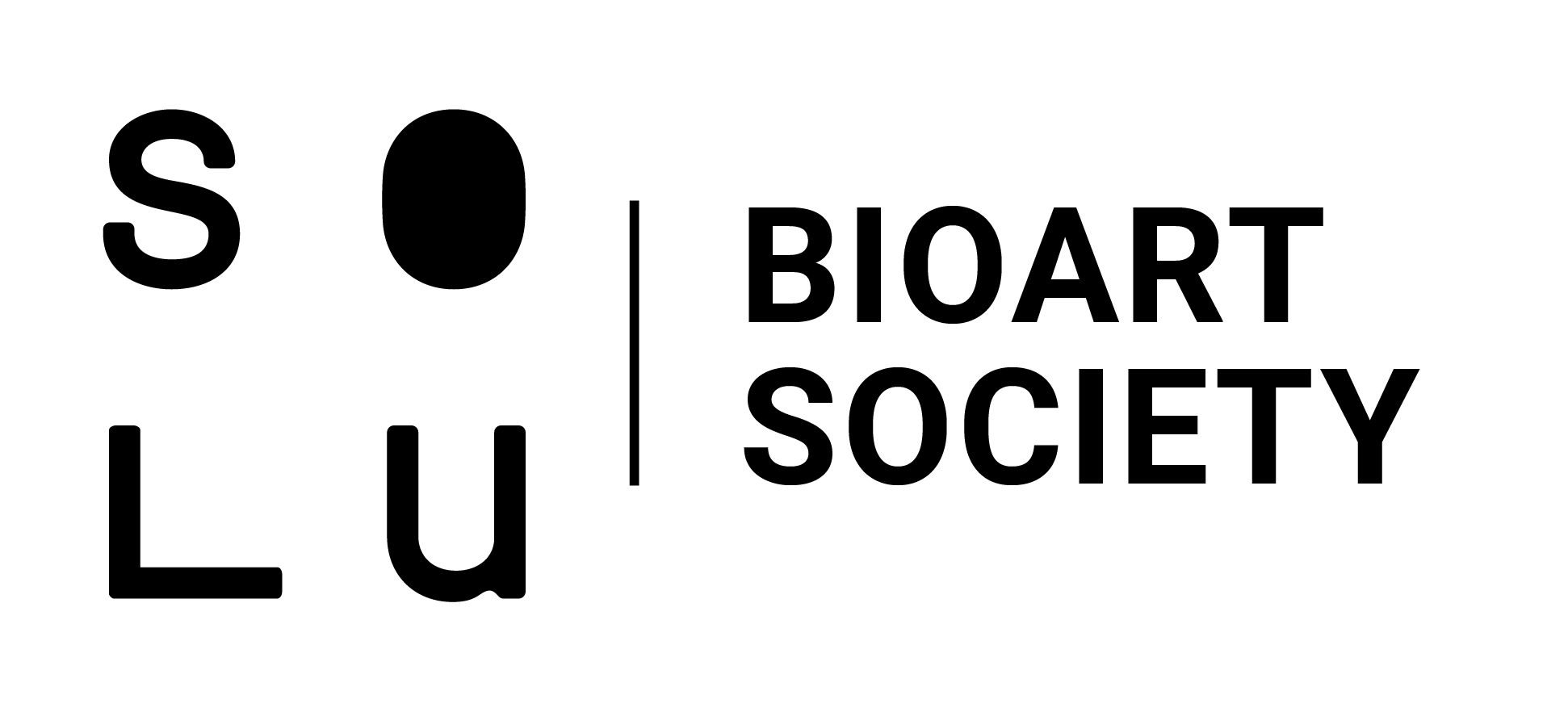Jacek Smolicki is among the artists selected for a month-long North Escaping residency at Kilpisjärvi Biological Station. Smolicki's residency will take place in 2023.
Smolicki intends to work on a soundwalk composition that would provide conditions for a transversal journey through past, present and future soundscapes of the Kilpisjärvi area. During his residency, Smolicki will perform a series of listening and field recording sessions by using different techniques including hydrophonic, geophonic, contact microphone, ambisonic recordings and sonification of environmental data. He will explore what sonic worlds might have been lost due to climate changes instigated by human activities and speculate what soundscapes will characterize the Kilpisjärvi area in the future, after further transformations in the climate.
Jacek Smolicki is a cross-disciplinary artist, designer, researcher and educator. His work brings temporal, existential and critical dimensions to listening, recording and archiving practices and technologies in diverse contexts. Besides working with historical archives, media, and heritage, Smolicki develops other modes of sensing, recording, and mediating stories and signals from specific sites, scales, and temporalities. His work is manifested through soundwalks, soundscape compositions, diverse forms of writing, site-responsive performances, experimental para-archives, and audio-visual installations.
He has performed, published, and exhibited internationally. His broad scope of site-responsive artistic and research work includes projects concerned with the soundscapes of the Swedish Arctic Circle, the Canadian Pacific Coast, the world's tallest wooden radio mast in Gliwice, the UFO testimonies from the Archive for the Unexplained in Sweden, the Jewish Ghetto in Kraków, the former sites of the Yugoslav Wars, Madrid's busking culture, and Alfred Nobel's factory complex in Stockholm, among many other places.
In 2017 Smolicki completed his PhD from the School of Arts and Communication at Malmö University where he was a member of Living Archives, a research project funded by the Swedish Research Council. Between 2020-2023 he pursues an international postdoctorate funded by the Swedish Research Council. This research explores the history and prospects of field recording and soundwalking practices from the perspective of arts, environmental humanities, and philosophy of technology.
During the next years, the Bioart Society is organizing a series of activities under the umbrella of North Escaping. This includes six transdisciplinary research residencies at the Ars Bioarctica residency program, accommodated with a public outreach program in Helsinki, and the production of artworks, workshops, and events stemming from the residencies. The aim of the residencies is to explore the current and approaching transformations in the North, to investigate the possible consequences of these developments, and how we can build cultural capacities to deal with them. The residencies take place in the facilities of the Kilpisjärvi Biological Station of the University of Helsinki.
Noth Escaping has been generously supported by the Nordic Culture Point.

